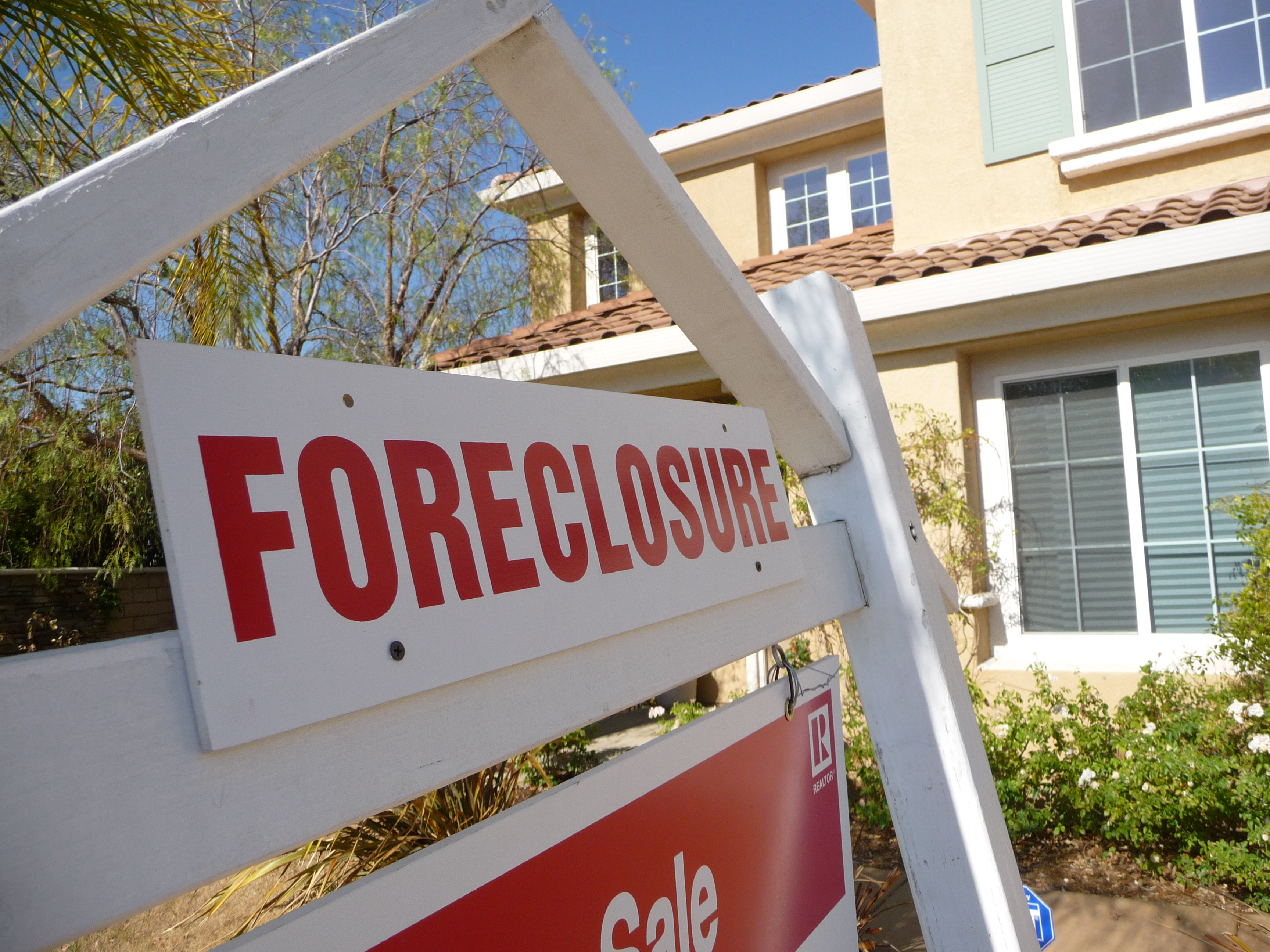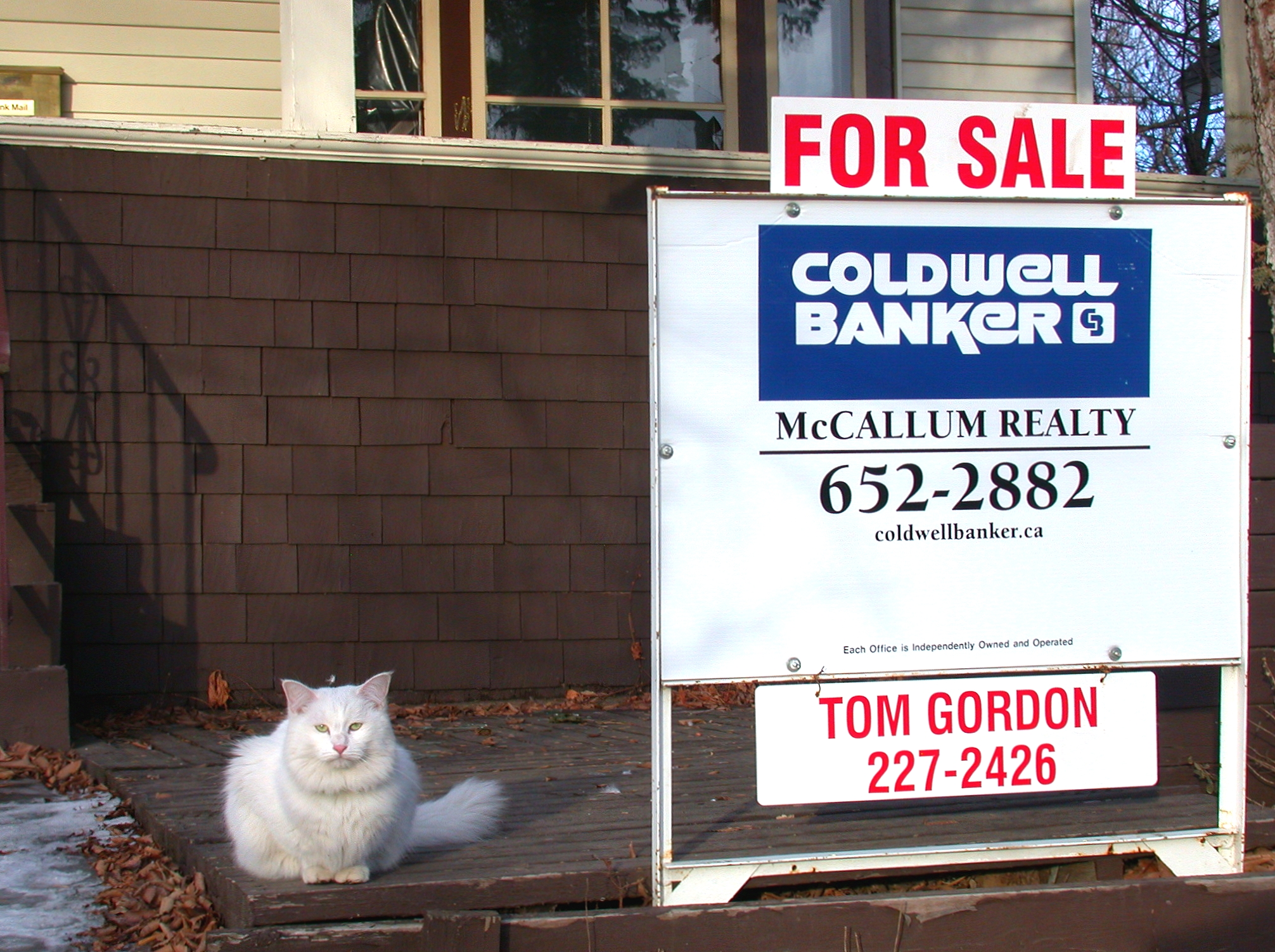From the title, you would think this post is about the pictured kitty. Rather, he is launchpad for a discourse about San Diego real estate. Let’s start with Goldie, whom I profiled as part of my “Cats of University Heights” series in September 2017. The Featured Image is the last portrait I made of him, using Leica Q2, on June 26, 2021. Vitals, aperture manually set: f/5.6, ISO 100, 1/250 sec, 28mm; 5:26 p.m. PDT.
I continued to see Goldie inside his yard for several more weeks, and I initially thought nothing about there being, as late as early August, no visible activity at the house whatsoever. The place was fairly quiet before the SARS-CoV-2 (severe acute respiratory syndrome Coronavirus 2)/COVID-19 lockdowns brought many parents home and kept kids out of school. My wife and I delighted seeing the youngsters playing outside the home. Then they disappeared, which I attributed to the local, year-round public elementary school reopening.










